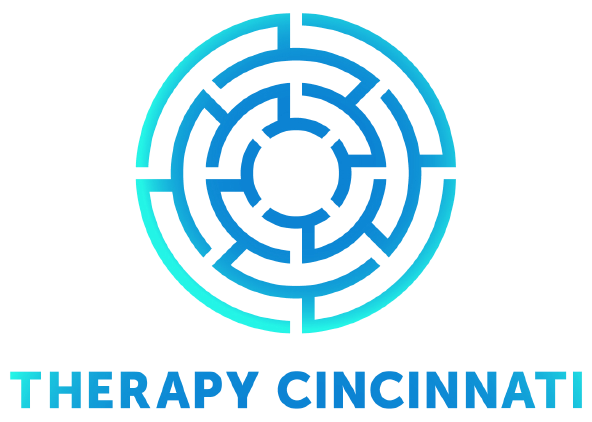In the delicate journey of parenting, sometimes we need to have crucial conversations that demand both care and candor. One such topic, often veiled in discomfort, is addressing sexual harassment and assault with our children. Many of us have heard of incidents locally, whether that is in Cincinnati or one of the suburbs. It's a conversation that requires a thoughtful approach, fostering trust and open communication. While this is a broader topic, here are some starting tips to explore how to navigate this terrain, supporting your child's understanding while emphasizing their safety and well-being.
Establishing a Foundation of Trust
As parents, the foundation of any important conversation with our children is trust. Creating an environment where they feel safe to share their thoughts and ask questions is paramount. Begin by assuring them that you are there to listen without judgment. Utilize everyday moments, like dinner or car rides, to subtly introduce the notion that they can always come to you with their concerns.
As therapists who work with children in the Cincinnati area, we understand the importance of these dialogues. Our professionals can assist parents in developing effective communication strategies that encourage openness and honesty.
Introducing Age-Appropriate Conversations
The intricacies of sexual harassment and assault vary with age. Tailoring your conversation to your child's developmental stage is essential. For younger children, focus on boundaries, consent, and the importance of personal space. As they grow, the conversation can evolve to include discussions about different types of touch, online safety, and the concept of inappropriate behavior.
Utilizing Empathetic Language
Approaching the conversation with empathy is key. Acknowledge that the topic might be uncomfortable, but stress the importance of discussing it openly. Use language that is accessible to your child's level of understanding, explaining concepts without unnecessary complexity. Reassure them that these discussions are part of keeping them safe and ensuring their well-being.
In collaboration with our therapists, parents can explore empathetic communication techniques that strengthen the parent-child bond during such sensitive conversations.
Normalizing Boundaries and Consent
Empowering your child with the knowledge of personal boundaries and consent instills a sense of agency. Emphasize the importance of respecting others' boundaries and asserting their own. Encourage them to vocalize discomfort, teaching them that their feelings are valid. By normalizing these conversations, you equip your child with the tools to navigate relationships with confidence.
Addressing Gender Stereotypes
Sexual harassment and assault are not solely about physical actions; they also stem from ingrained societal beliefs. Discuss with your child the harmful impact of gender stereotypes and the importance of treating everyone with respect, irrespective of gender. Challenge traditional norms and emphasize the equality of all individuals.
Monitoring Online Presence
In the digital age, addressing online safety is integral to discussions about harassment. Educate your child about responsible online behavior, the potential risks, and the importance of reporting any inappropriate content or messages. Foster an environment where they feel comfortable discussing their online experiences openly.
Recognizing Warning Signs
Educate your child about the warning signs of inappropriate behavior. Emphasize the significance of trusting their instincts and seeking help if they ever feel uncomfortable. Ensure they know that reporting such incidents is not only encouraged but vital for their safety.
Our therapists provide parents offers parents support in recognizing and addressing warning signs through expert guidance and resources designed to empower both parents and children.
Seeking Professional Support
If, at any point, you find that the conversation becomes challenging or your child expresses distress, consider seeking professional support. Therapists at Therapy Cincinnati specialize in family dynamics and can provide a safe space for both parents and children to navigate difficult conversations.
Remember, open communication and a proactive approach are essential in addressing sexual harassment and assault with your children. By fostering a supportive environment and utilizing available resources, you equip them with the knowledge and resilience needed to navigate the complexities of the world around them.
Looking for help for you child? Begin teen counseling in person or online in Cincinnati OH by reaching out to us today!

